It was no coincidence that Kenya was chosen for King Charles’s first state visit as monarch outside Europe. After all, it was at the Treetops hotel in Aberdare National Park on February 6, 1952 that his mother acceded to the throne. As the politician and diarist Harold Nicholson quipped, “She became Queen while perched in a tree in Africa watching the rhinoceros come down to the pool to drink.”
Such symbolism, and historical resonance, will have dearly appealed to Charles, as he acknowledged in his speech after a state banquet on the first day of his trip. He said, “It is well known, I think, that my dear mother, the late Queen, had a particular affection for Kenya and the Kenyan people. She arrived here in 1952 a princess, but left as Queen,” before proudly noting that it was in the country that Prince William proposed to “my beloved daughter-in-law,” the Princess of Wales.
All of this went down well with his audience, in its careful reminder of the continuity of the monarchy: from grandmother, to father, to son. His use of Swahili was also popular, avoiding the clumsy gimmickry that a less linguistically adept man might have fallen into.
There was though another trickier aspect of the trip that had to be dealt with, and that was Britain’s actions during the Mau Mau rebellion, which lasted throughout the fifties and saw enormous acts of violence visited against the Kenya Land and Freedom Army, albeit with reciprocal brutality being committed by the rebels. Although the cause was thought to be a just one at the time, it accelerated Kenyan independence, which was achieved in 1963. Charles’s visit had to acknowledge the wrongs done in his country’s name — while he was still a child — while not offering a full, formal apology.
His speech certainly came close to an admission of British guilt and complicity in the bloodshed, as he talked of his shame at the “abhorrent and unjustifiable acts of violence” committed against the Kenyans, which he has suggested caused “the greatest sorrow and deepest regret.” Describing it as “the wrongdoings of the past,” the King also stated that “it is the intimacy of our shared history that has brought our people together. However, we must also acknowledge the most painful times of our long and complex relationship.”
Charles described the “painful struggle for independence and sovereignty” that Kenya had undergone, and talked of how he hoped that, with “honesty and openness,” the country and his own would form “an ever-closer bond.”
All this was welcome, although there will be debate as to whether the King’s language went too far in its unstinting acceptance of British culpability, or not far enough. There is a precedent established here by the UK government’s acknowledgement of “torture and other forms of ill-treatment at the hands of the colonial administration” in 2013, and subsequent payment of £20 million in compensation to surviving Kenyans.
Certainly, a full formal apology would have been welcomed by his hosts, and would have marked Charles out as a thoroughly modern, liberal ruler, one unafraid both to acknowledge the less salubrious aspects of his country’s past and to make real steps forward in accepting blame for it.
Yet he also knows that, at a time when tension arising from Britain’s colonial legacy of the past centuries is only growing, there are many former British-held countries that are crying out for similar acknowledgement of historic wrongs, which manifest themselves in all manner of ways, from the existential to the trivial.
It would be easy for Charles to turn his back on these issues, but also that only works for so long, as the clamor will inevitably increase. His speech in Kenya was well-judged and tactful, and may go a considerable way to addressing the grievances and resentments that still linger there as a result of his country’s past. But there are many more cases like Kenya, some arguably even more deserving, and how he chooses to deal with other similar state visits may end up defining his reign, far more than any domestic actions.
This article was originally published on The Spectator’s UK website.



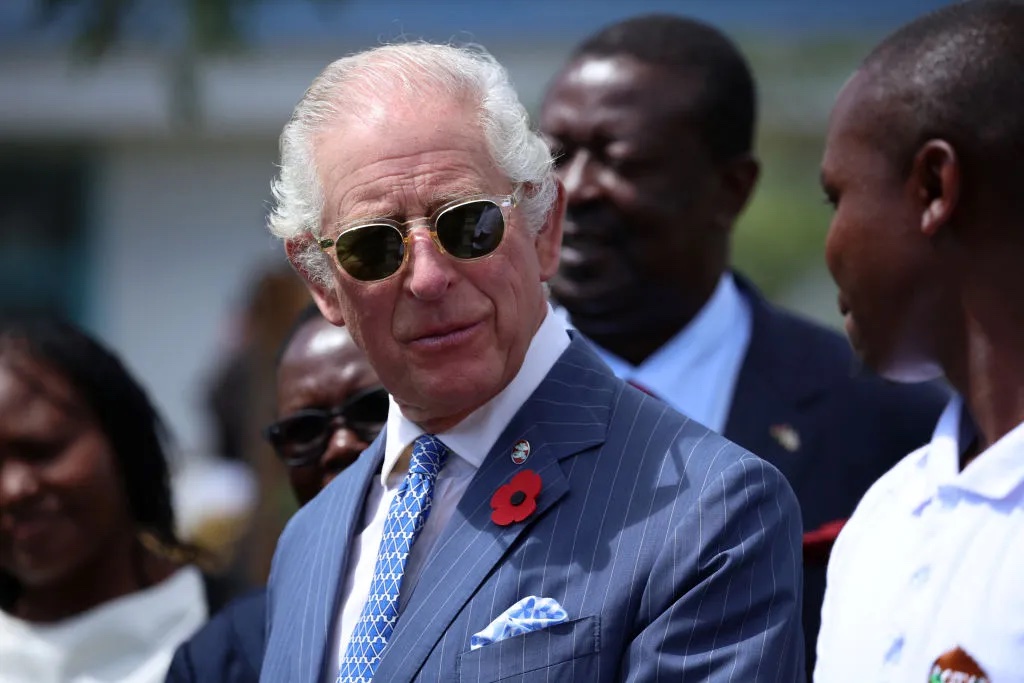








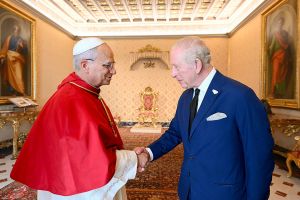


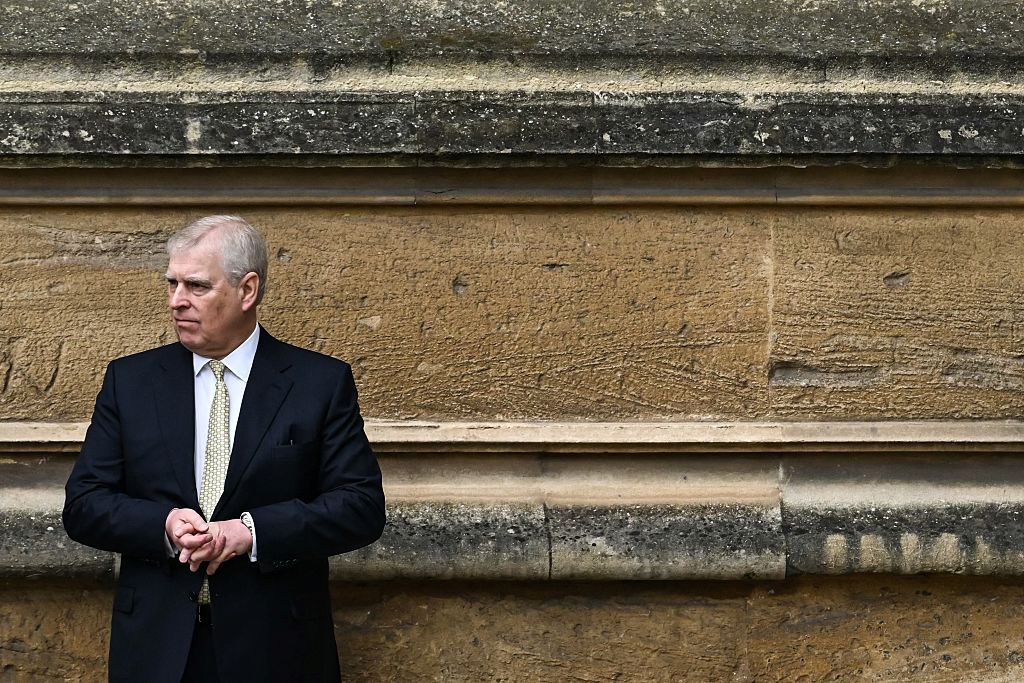
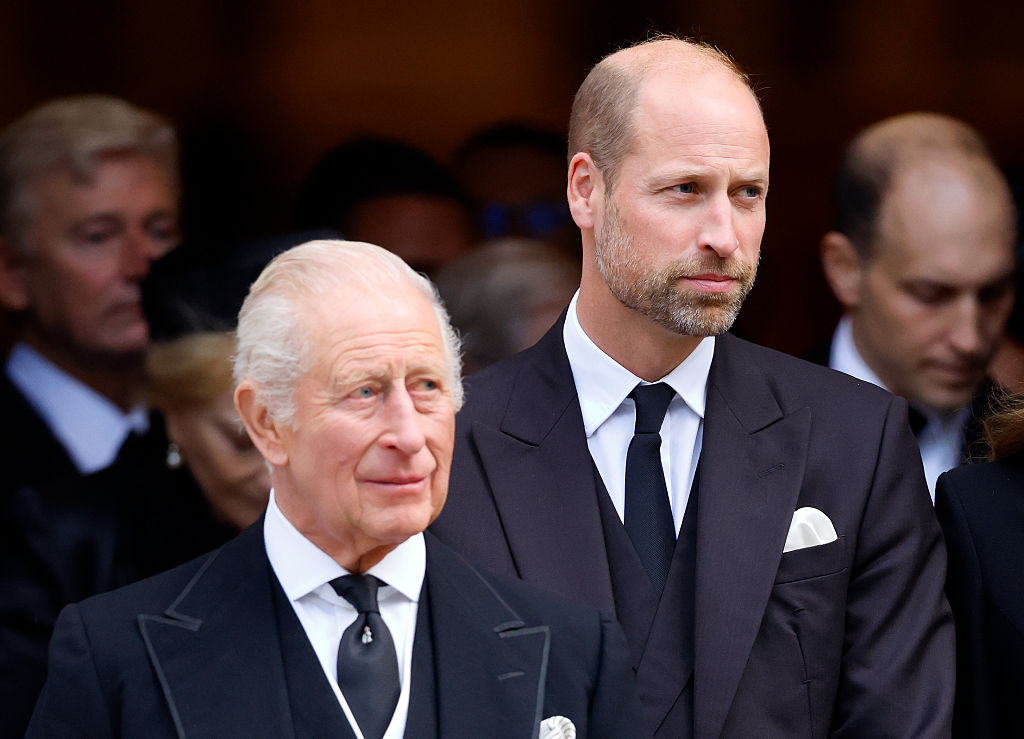
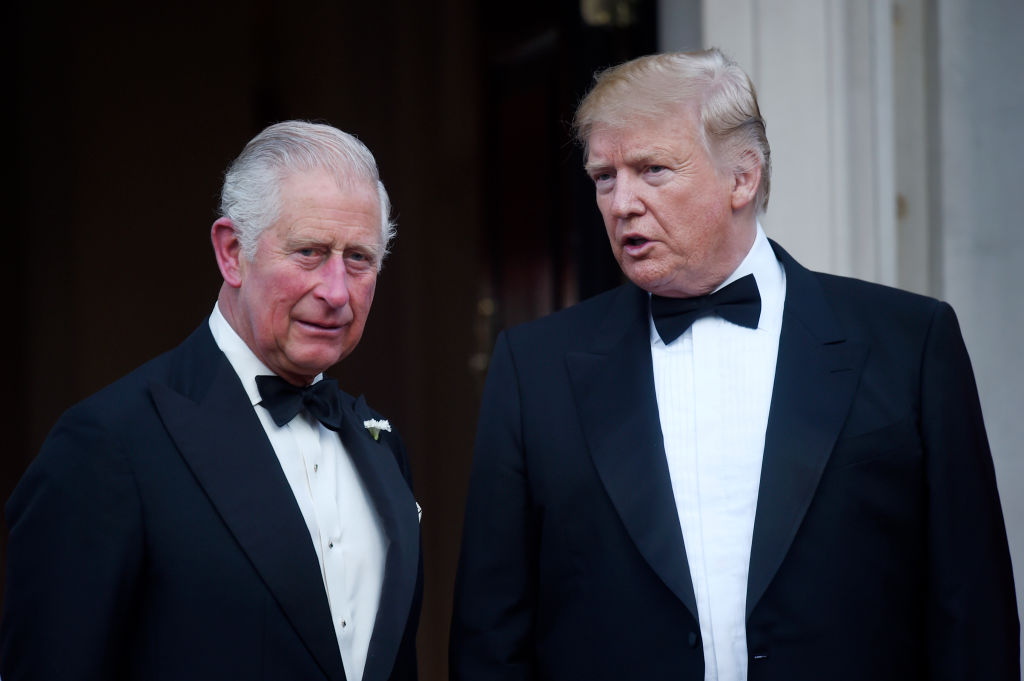
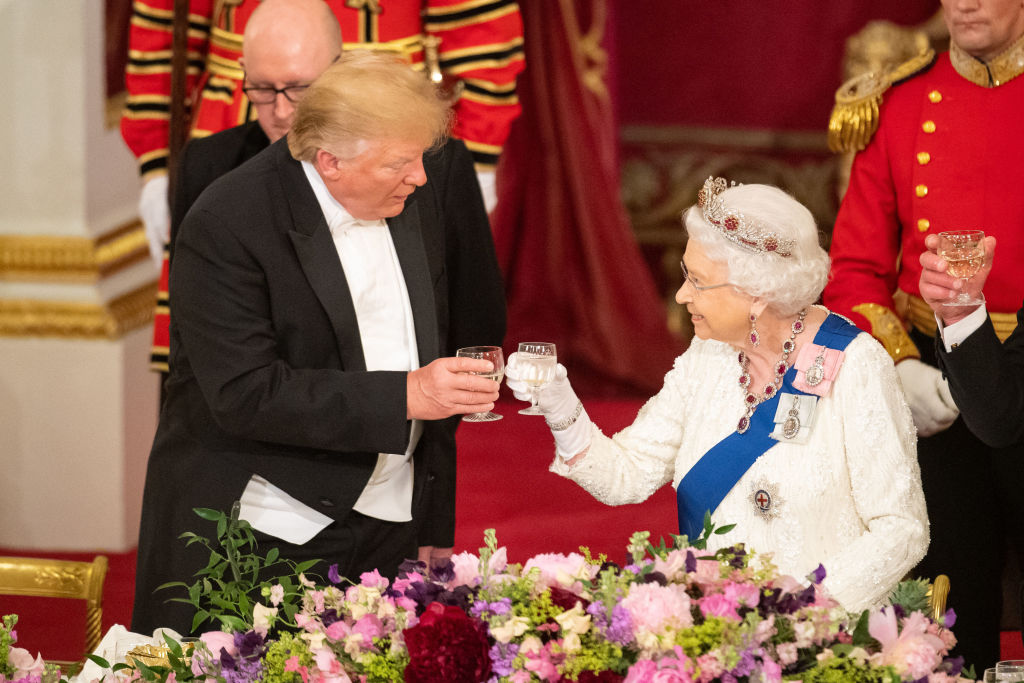







Leave a Reply